Leading change
Discovering the self in Africa
 “We cannot imagine the self without acknowledging that human beings exist. We are all equal in our powerlessness to exist and this powerlessness to decide when and where to exist underlines the principle of equality.” These philosophical words by Prof Mogobe Ramose from the University of Limpopo opened the College of Human Sciences Research and Innovation Day on 3 March 2017. The day formed part of the annual Unisa Research and Innovation Month celebrations, where the thought-provoking and innovative work of the university’s scholars are highlighted.
“We cannot imagine the self without acknowledging that human beings exist. We are all equal in our powerlessness to exist and this powerlessness to decide when and where to exist underlines the principle of equality.” These philosophical words by Prof Mogobe Ramose from the University of Limpopo opened the College of Human Sciences Research and Innovation Day on 3 March 2017. The day formed part of the annual Unisa Research and Innovation Month celebrations, where the thought-provoking and innovative work of the university’s scholars are highlighted.
As the keynote speaker the college’s event, Ramose delivered an inspirational talk on self-determination in line with the themes of the day, Self Determination in African Politics and African Self Determination in Science and Innovation.
He said that everyone, ontologically speaking, is thrown into existence, the way things naturally are, but then there is an epistemological dimension that makes the body, the self, aware of things that it is related to. “This becomes a serious problem because we then look at someone and ascribe a value to that person.”
So who is the self? The challenge in determining the self, says Ramose, is that humans are born into different cultures and philosophies and these differences, though they shouldn’t, cause tension, and provide reasons to oppose one another. “Who are you? The self, has to do with the question of identity; the two are interrelated.”
He said culture and identity were elements that made people fight for self-determination, adding that when colonisers arrived in Africa, they decided that the forbears, because they were different, were not human. “We would not talk about decolonisation if there was epistemic justice,” he said.
Ramose also spoke on the importance of research and truth finding within the university landscape in Africa. He said often at universities truth and truthfulness were not linked and that there was a quest for the truth that is largely ignored.
Unisa’s Dr Ezekiel Mkhwanazi spoke on the concept of self-determination in the context of Ghanaian president Kwame Nkrumah’s life and thought. In examining the concept of self-determination according to Nkrumah, the father of Pan-Africanism in Africa, Dr Mkhwanazi said things were currently not in order in Africa. “It is clear that our political independence did not translate into true self-determination and self-development.”
He said self-determination was the hallmark of true independence. “One of the distinguishing characteristics of human beings is their ability to determine for themselves how they should order their lives and actions. Thus, to deny another person the opportunity to order their life as they see it fit, is to curtail their freedom and to treat them as being unequal to oneself.”
Mkhwanazi added that Nkrumah defended the equality of human races. “As an advocate of social egalitarianism, he argues that human beings are equal and alike by virtue of being ‘endowed originally with a certain inward dignity, integrity and value’.”
Steve Lebelo from the Azanian Philosophical Society spoke on the concept of self-determination in light of South African history, looking at possible ways in which a truthful and just solution to the outstanding problem of historical justice can be dealt with.
He said historians in South Africa had never truly reflected on self-reliance of the indigenous people of the land, adding, that he believed self-reliance as a revolutionary concept was associated with the Black Consciousness Movement.
Speaking from the arrival of the Dutch, until now and the current situation South Africans find themselves in, he said in the beginning their ancestors had land and resources on which they could rely—that is when self-reliance began, but somewhere along this path and as time progressed they lost these resources, the material base they could rely on. This erosion of resources had resulted in where South Africans currently find themselves, he said and perhaps mass mobilisation could be a resource and an articulation of self-reliance.
Mandla Seloane from EARS Publishing said political freedom was not an end to the problem of apartheid; it allowed for the opportunity to organise the resources to better ourselves. He said in most parts of the world, the African National Congress was seen as the liberation party in South Africa, but this was not a truly reflection of the country’s liberation narrative.
He also questioned whether the constitution had done and achieved what it had set out to do and reflected on the political landscape, asking if black people had been able to reorganise resources to address their interests. “We adopted a liberation tool that did not work for us, and now we can’t go back,” he said.
Seloane also said that construction of knowledge around the world favours white people and speaking from his publishing perspective, he said it was not difficult for them to write and publish what they wanted. However, this was not the case for black writers. “There are many barriers to writing, publishing, and circulation,” he said.
*By Rivonia Naidu-Hoffmeester
Publish date: 2017-03-13 00:00:00.0


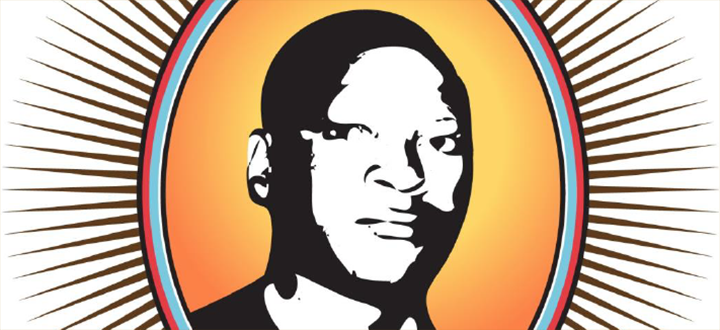 Unisa honours Dr OK Matsepe's enduring legacy
Unisa honours Dr OK Matsepe's enduring legacy
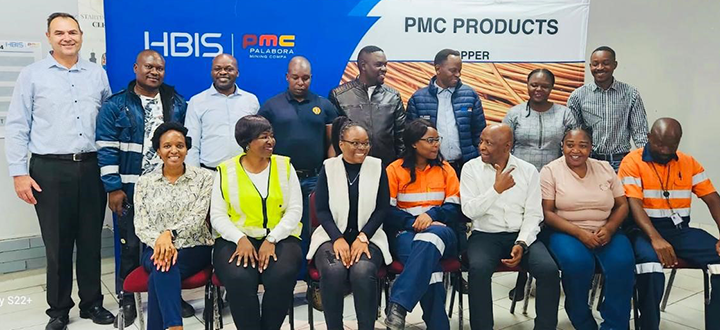 Great strides towards concretising Unisa-PMC partnership
Great strides towards concretising Unisa-PMC partnership
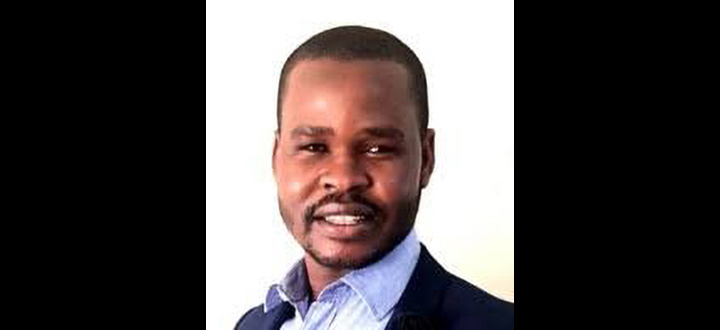 Mental health among men in the workplace needs more attention
Mental health among men in the workplace needs more attention
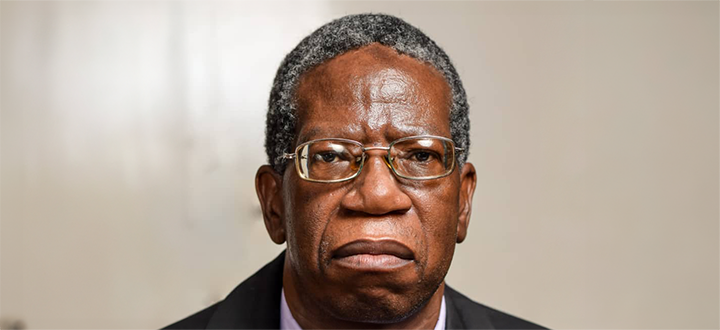 "I owe everything to Unisa and my late supervisor's priceless mentoring"
"I owe everything to Unisa and my late supervisor's priceless mentoring"
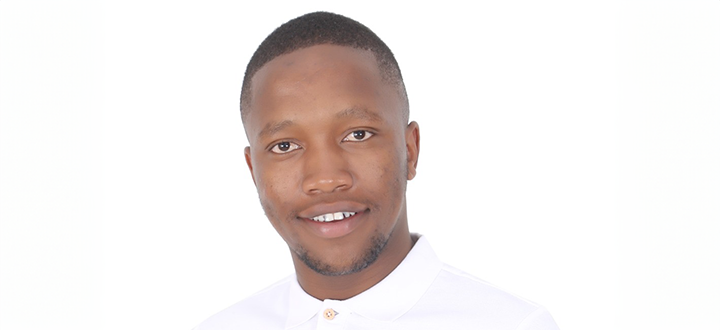 Majikijela - a queer scholar raising homosexuality awareness through his work
Majikijela - a queer scholar raising homosexuality awareness through his work